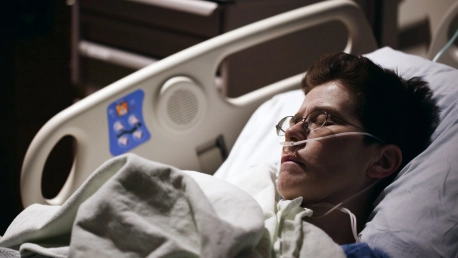In an era where medical advancements promise newfound hope, the disparity in healthcare equity casts a gloomy shadow. A recent study presented at the ASCO 2024 annual meeting, spearheaded by the American Cancer Society, lays bare a troubling trend: a widening chasm in cancer survival rates that aligns with a patient’s insurance status. Since the introduction of immune checkpoint inhibitors (ICIs) in 2011, patients with advanced-stage cancers such as melanoma, HR+/HER2- breast cancer, non-small cell lung cancer (NSCLC), and renal cell carcinoma (RCC) have seen improved chances of survival. Nevertheless, the high cost of these therapies makes them less attainable for uninsured individuals, underscoring a grim reality where financial means may determine the likelihood of survival.
A Closer Look at the Data
Amid groundbreaking medical progress, the shadow of healthcare inequality looms large. Findings unveiled at the 2024 ASCO meeting from the American Cancer Society expose a stark reality: insurance status profoundly impacts cancer survival rates, exacerbated since the advent of immune checkpoint inhibitors (ICIs) in 2011. These ICIs have notably boosted survival odds for those battling advanced cancers, including melanoma, HR+/HER2- breast cancer, NSCLC, and RCC. Yet, their exorbitant cost places them beyond the reach of the uninsured, creating a chilling scenario where financial capacity could dictate survival chances. This troubling divergence in healthcare outcomes, underscored by the study, highlights an urgent need to address the economic barriers that undermine equitable access to life-extending treatments in the battle against cancer.









